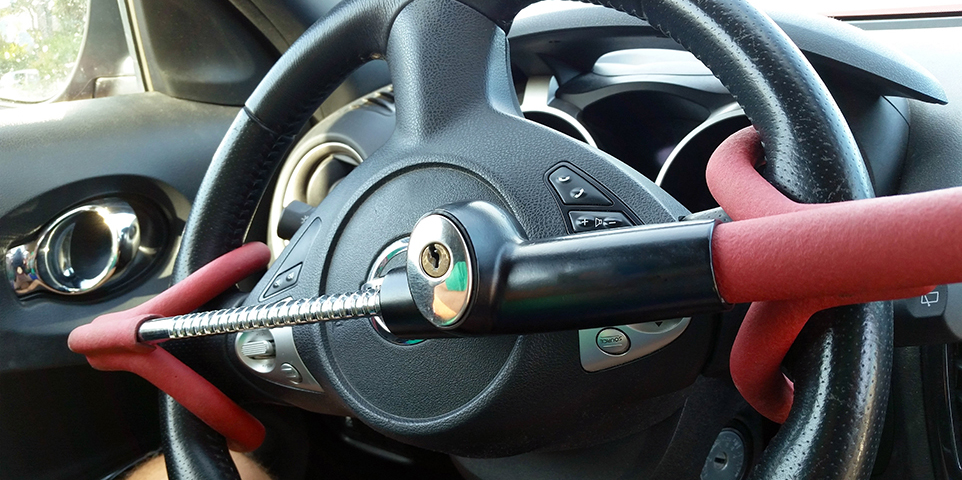Most people have a knee-jerk reaction to specialty insurance. They say “yes” and have no idea what they’re paying for — rental car insurance is a good example — or they say “no” and don’t understand the risks they may be assuming. Insuring your possessions during a move is an excellent example of the later scenario. The common myths are that the moving company assumes financial responsibility for your possessions or that your homeowners policy also applies to the move. Assumptions can be pretty dangerous and expensive critters.
** The Truth About Common Insurance Myths Concerning Moves **
– Moving companies are not wholly responsible or liable if your possessions are not in perfect condition upon arrival.
Moving companies are responsible for about .30 cents per pound of items moved on local moves or those within a single state. That goes up to about .60 cents for out of state and overseas moves. Complete losses and damages are not covered unless you have purchased additional insurance coverage. And, as a kicker, most moving companies don’t sell insurance products. It’s up to you to pursue the coverage through a qualified insurance professional.
– Neither your homeowners policy nor your rental policy will cover damage to your possessions during a move.
These insurance policies protect your possessions while you are in residence, but usually not when the items are in the care of a moving company. (There are some exceptions to this rule and you should always check your policy language prior to a move.) However, you might also consider that if you submit claims for items damaged in a move through your homeowners or renter’s policy, premiums on that policy might increase, whereas special moving policy is a “one-time” deal. Taking out the additional coverage is likely cheaper in the long run.
– If you are moving as part of a corporate relocation, your company is not responsible if something is broken in the move.
At best, your company will have signed a general agreement with a moving or relocation company for a minimum degree of liability coverage. Again, this translates to .30 to .60 cents per pounds of items moved.
** What Types of Moving Insurance are Available? **
Although you will want to discuss a moving policy well in advance of the event itself with a qualified insurance professional, most policies available carry a deductible range that climbs in $250 increments to approximately $3,000. As is true of all insurance products, the higher your deductible, the lower the premium you will pay.
If you have a high number of electronic devices, you may actually be looking at a separate policy to cover damages to those items or adding a “rider” to the moving policy. It’s good to go into negotiations for a moving policy with an inventory of items about which you are especially concerned and to have an idea both of their value and the likely cost of repair or replacement. This doesn’t mean that your numbers will be readily accepted by the insurance company, but it’s a starting point for negotiations.
For instance, some policies are called “all risk,” and provide coverage for specially stipulated items or for the entire “shipment.” (Note that some items may be excluded in the latter due to specific terms and conditions built into the policy.) This kind of coverage can be purchased at either full replacement value calculated by a valued inventory or as an agreed upon lump sum. (Some people also opt for “total loss only” coverage, which means the item would have to be completely destroyed for you to collect.)
** Don’t Be Upset if You Don’t Understand **
Specialty insurance products are almost always difficult to understand on first glance because they address unique situations that go beyond the standard perceptions and conditions for evaluating risk. The important thing to remember is to sign nothing and pay for nothing until you completely understand to what you are agreeing.
Always work with a qualified insurance professional. Have a good home inventory and a list of items of particular concern. Also have complete information about your moving company. Some insurers may require you to use specific companies in order to qualify for coverage. Go in with the attitude that there are no stupid questions, and, if possible, take the time to get more than one bid on the coverage. Insurance products can vary widely from carrier to carrier. Your goal is to get the best premium price possible with the best degree of coverage for your possessions while they are in transit.







